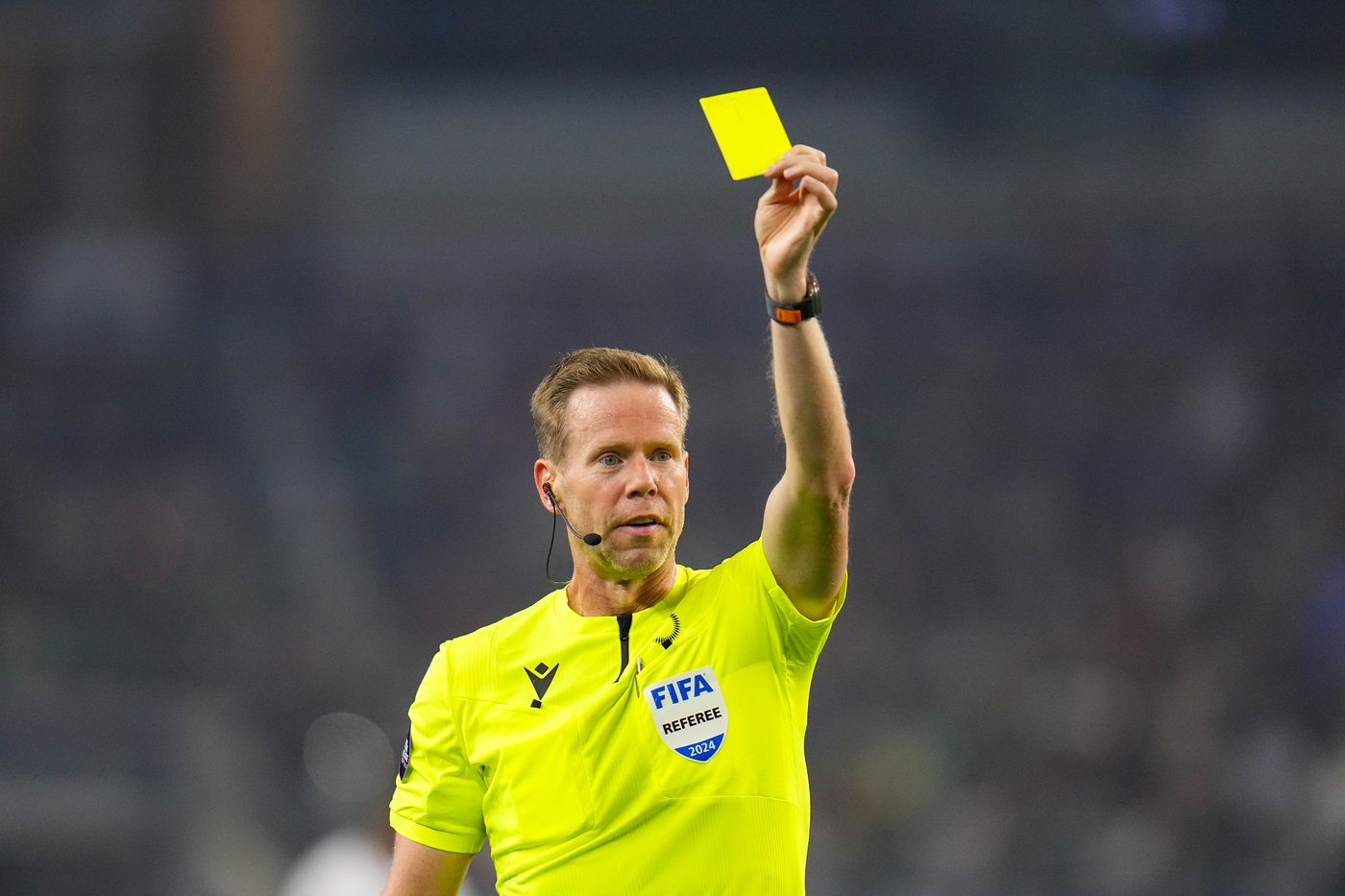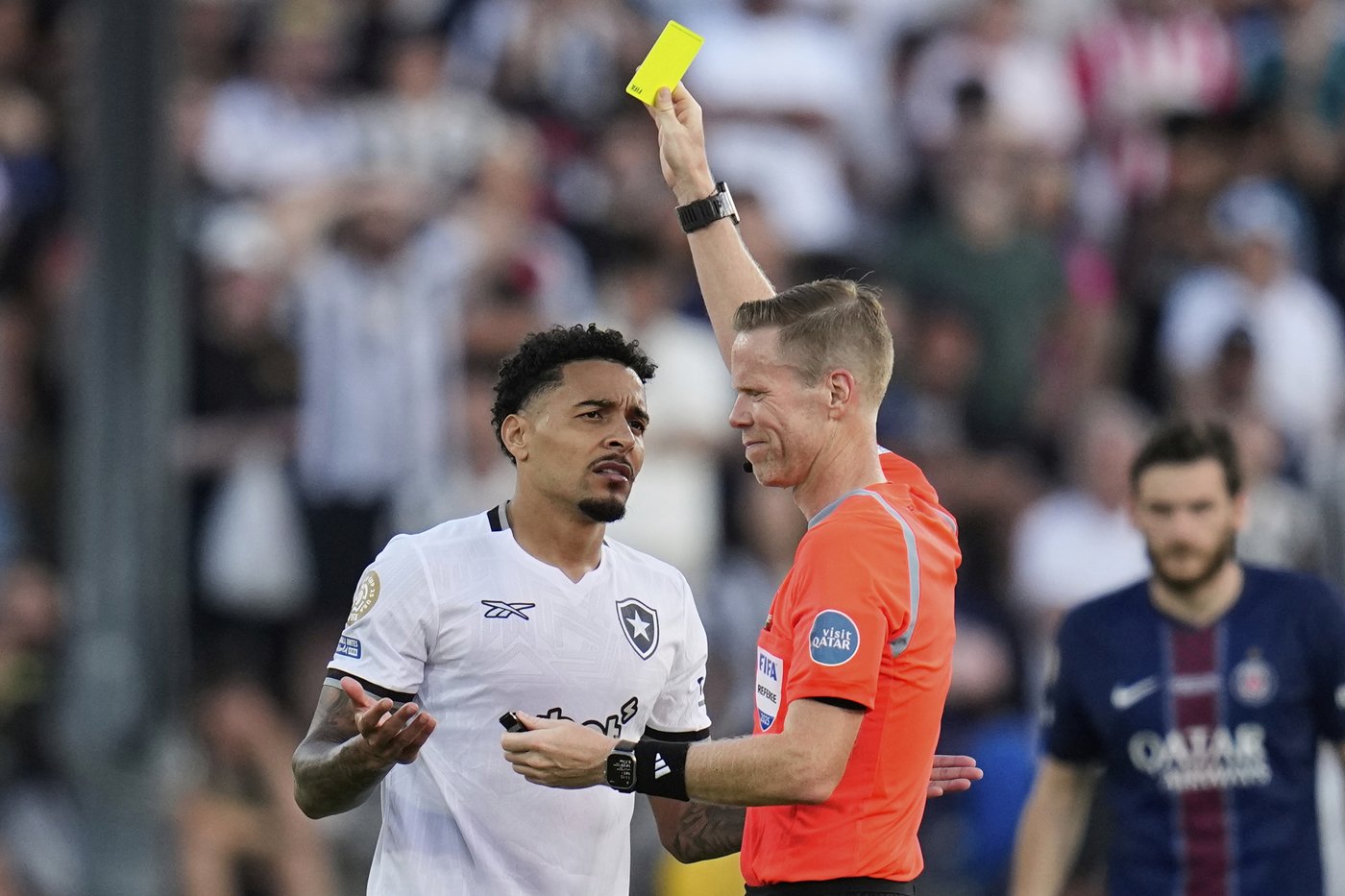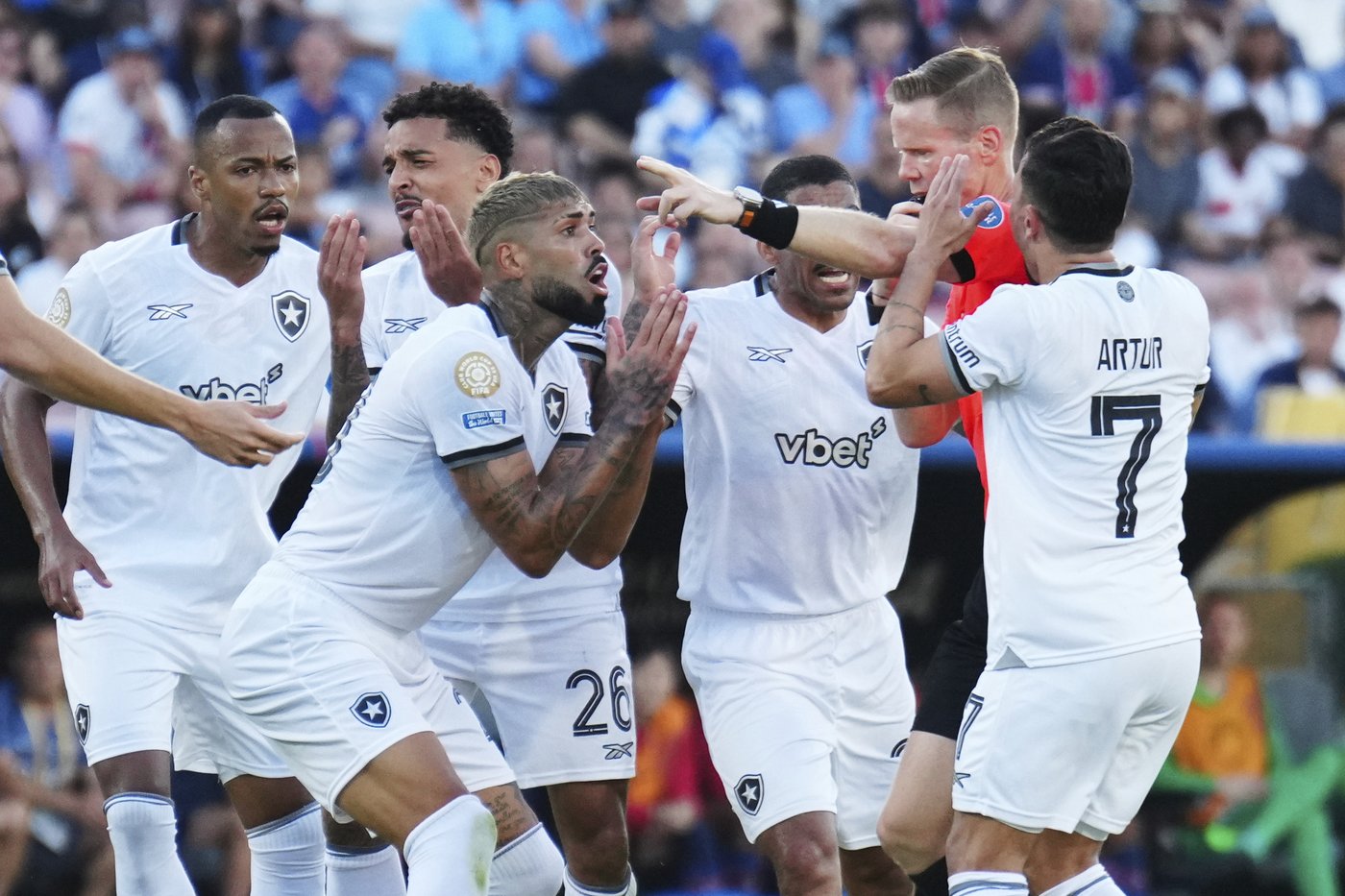Elevate your local knowledge
Sign up for the iNFOnews newsletter today!

EDMONTON — Calgary-born Drew Fischer’s story of how he became a soccer referee is a classic one.
Similarly to many other professional arbiters of the game, he wanted to be a striker.
“But I was a much better referee than I ever was a player,” the 45-year-old said with a chuckle in an interview. “You’d be hard pressed to find referees who didn’t play at some point.”
He said he just couldn’t get the footing right but in the years that followed found his calling as a referee.
In October, Fischer was voted by peers and media as Major League Soccer’s referee of the year for the second year in a row. He is the first referee to earn consecutive honours since Alan Kelly, an Irish referee, in 2016.
He said he was 10 years old when his parents signed him up for soccer. He also played baseball. But he loved soccer more, so he began refereeing minor leagues games, too, at the age of 13.
“It seemed like a better way to make a few dollars than flipping burgers and it turned out that I enjoyed it and had a bit of an aptitude for it,” he said.
He continued refereeing and playing while completing his graduate studies in physics. But juggling the games and later his post-graduation job as a consultant became difficult.
So like many referees, he made a tough call. “At a certain point, you have to decide whether you want to keep trying to play, work or you want to try to referee,” he said. “For me, that decision point came really early. Soccer was what I always wanted to do.”
His education came in handy when he went on to referee 220 career MLS games, including 20 regular-season games this season, since debuting in August 2012. He was also in charge of two matches during this summer’s 2025 FIFA Club World Cup.
He also served as referee, fourth official and video match official during the 2024 Olympic Games, the FIFA Women’s World Cup (2019 and 2023), FIFA Club World Cup (2020 and 2021, as well as 2025) and the 2022 FIFA World Cup.
“Refereeing is part art, part science,” he said. “Obviously we have to know and understand the rules and how to apply them.”
But the other half of the job, he said, requires creative conflict resolution. “It’s trying to get 22 players, each with a completely different opinion of how things should go, kind of all pointing in the same direction.
“The referees who are really successful are the ones who can get all those different personalities to kind of buy into what they’re doing.”
He said his most memorable moments as a referee have been blowing the whistle to begin play for championship games.
“I’ll be nervous for before the game, the day of the game. I’ll be nervous as I’m waiting for that kickoff to happen. You can feel it in the players during warm-up. There’s just a little bit of electricity in the air that isn’t always there,” he said.
“But as soon as I blow that whistle, the calm hits me and it just becomes a game again.”
He said some calls he has made in games have kept him up at night.
“Everybody’s got calls that they regret,” he said. He recalled one penalty he called years ago in a game between Montreal Impact and FC Edmonton that wound up costing Edmonton the game.
“I awarded a penalty kick for a handball that I should not because it hit the player’s arm,” he said.
“I’d sure love to have that back.”
This report by The Canadian Press was first published Nov. 11, 2025.


Want to share your thoughts, add context, or connect with others in your community?
You must be logged in to post a comment.